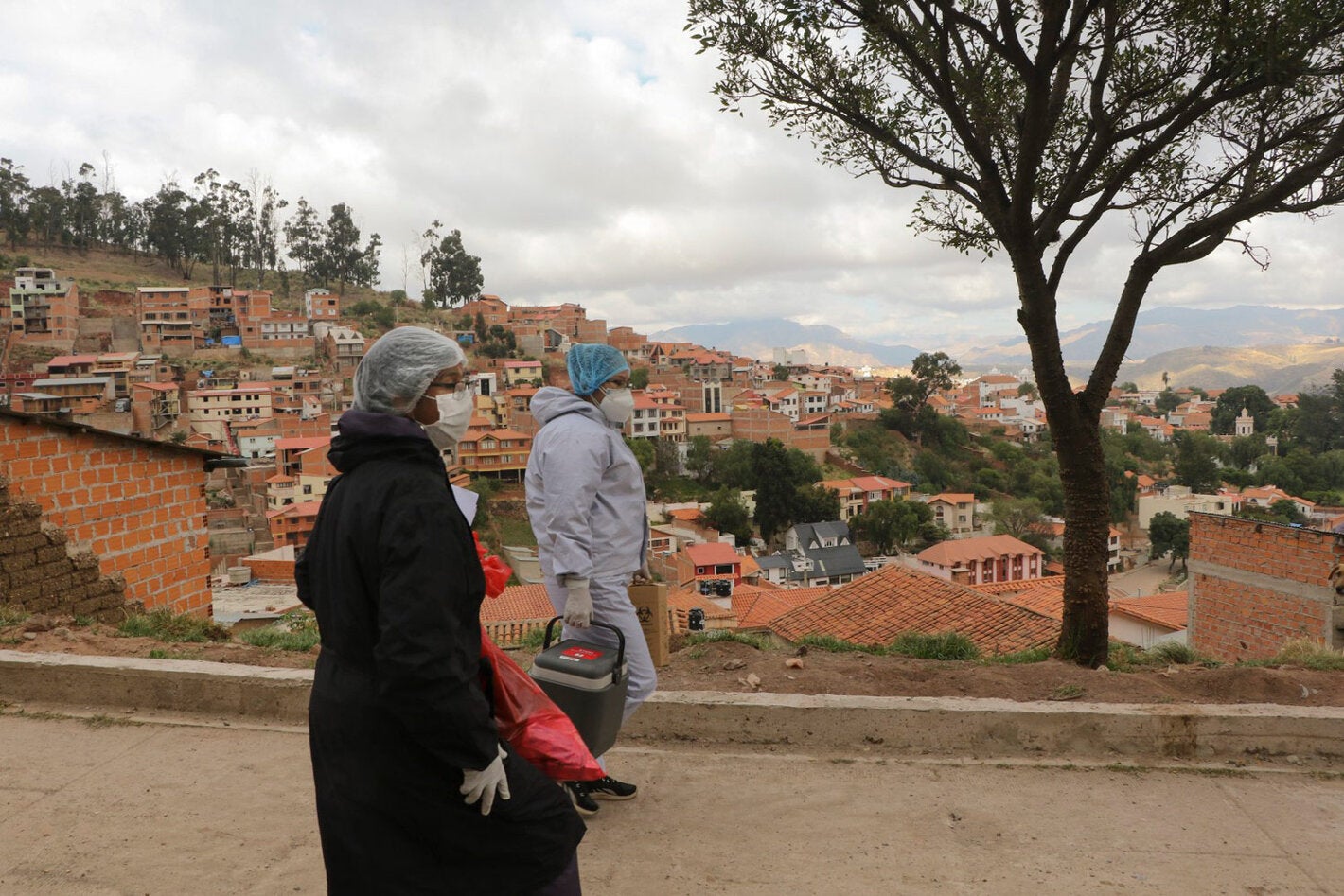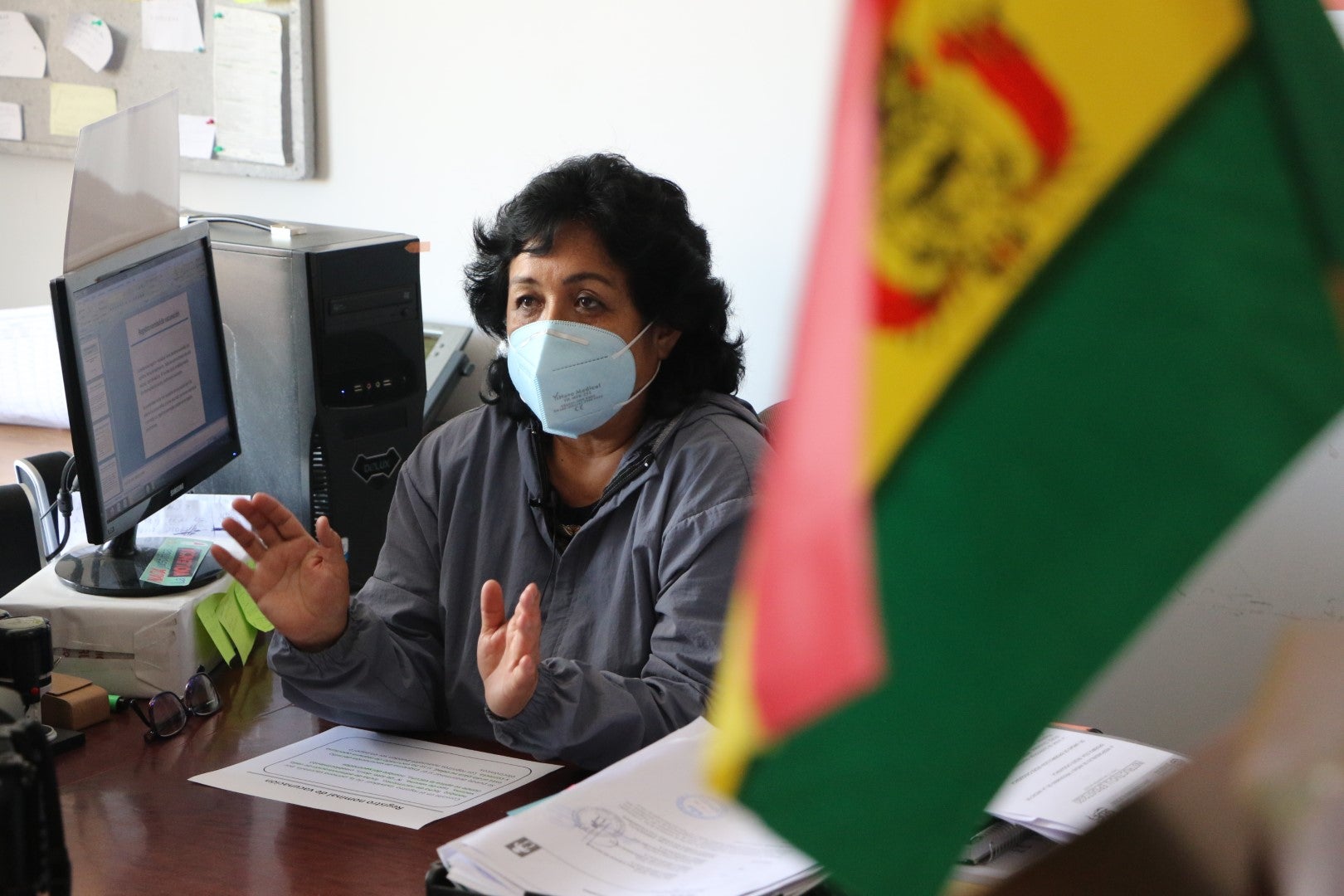Between the end of March and August 2020, the municipality of Sucre, Bolivia was under a strict lockdown due to the COVID-19 pandemic. This situation affected all activities in all areas, including health.
In September when the worst of the pandemic was over, activities resumed along with the emergence of new concerns.
“We couldn’t sleep knowing that we did not sufficiently vaccinate people in our municipality for five months,” said Wilma Rodríguez, head of the state immunization program in Sucre.
The ghosts of past diseases such as polio, measles, and diphtheria fueled the fears of those responsible for immunization in the capital municipality. There were thousands of unvaccinated children under the age of 5 who were exposed to the diseases that ravaged the infant population 50 years ago.
Due to their fear of the pandemic, mothers did not go to health centers or hospitals for vaccination. Fear of the contagion was just too great and it coincided with the highest peak of the disease that took the lives of over 500 people in Sucre.
“Those of us who are in charge of immunization asked ourselves ‘What should we do?’,” Wilma Rodríguez recalls. Given the situation, it was decided that vaccination teams should go door to door.
So starting on September 28, 2020 an intense door-to-door vaccination campaign began in the municipality of Sucre, where 70 teams of doctors and nurses vaccinated more than 22,000 people by November 20.
At the beginning of the campaign, especially in working-class neighborhoods inhabited by rural migrants, the teams had to deal with rejection by people who thought that they were giving the COVID-19 vaccine, a reaction caused by disinformation and the fear of discrimination that occurred when cases of the disease were identified in people’s homes.
“We had to use different strategies including putting on white scrubs,” reported Tania Arandia, head nurse of Health Network 1 in the municipality of Sucre.
Despite the initial obstacles, aggressive vaccination efforts gave health workers and mothers peace of mind with regard to their children in a year that will be hard to forget.























